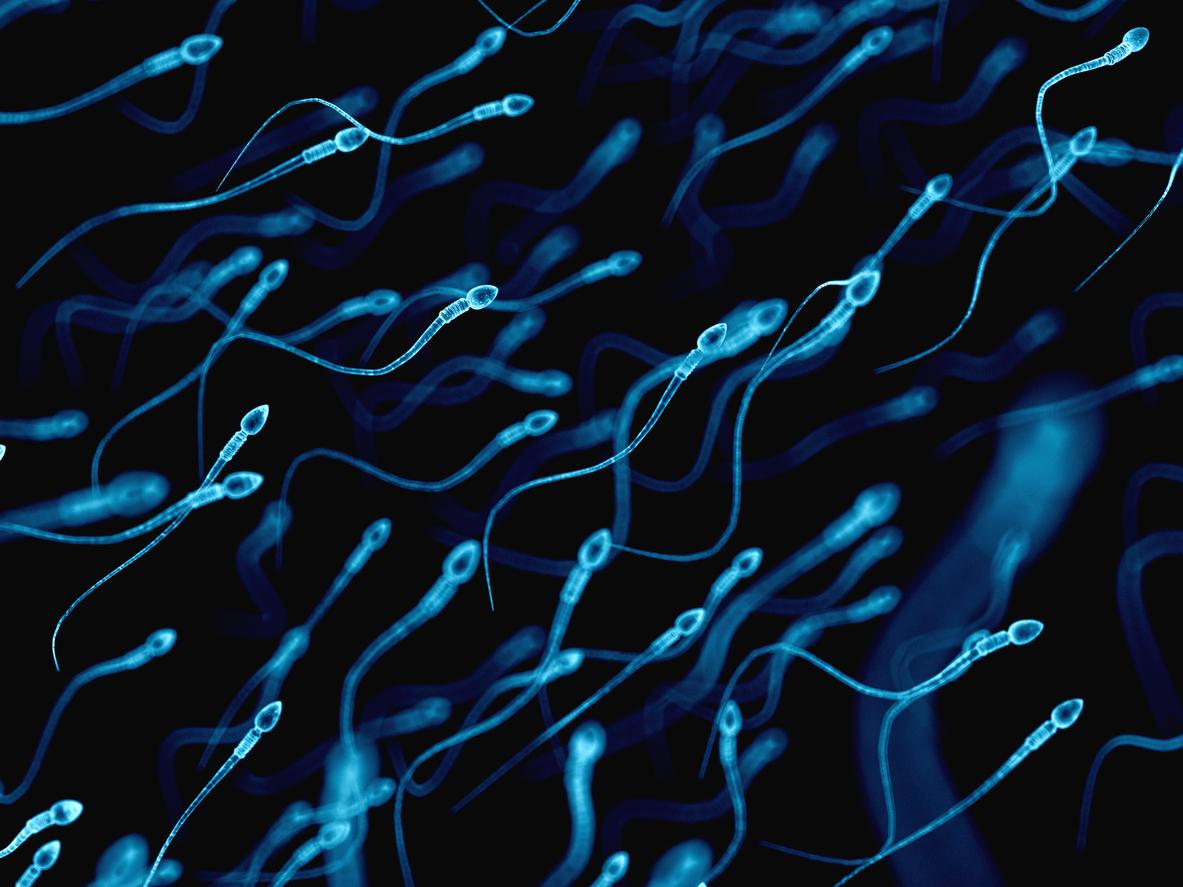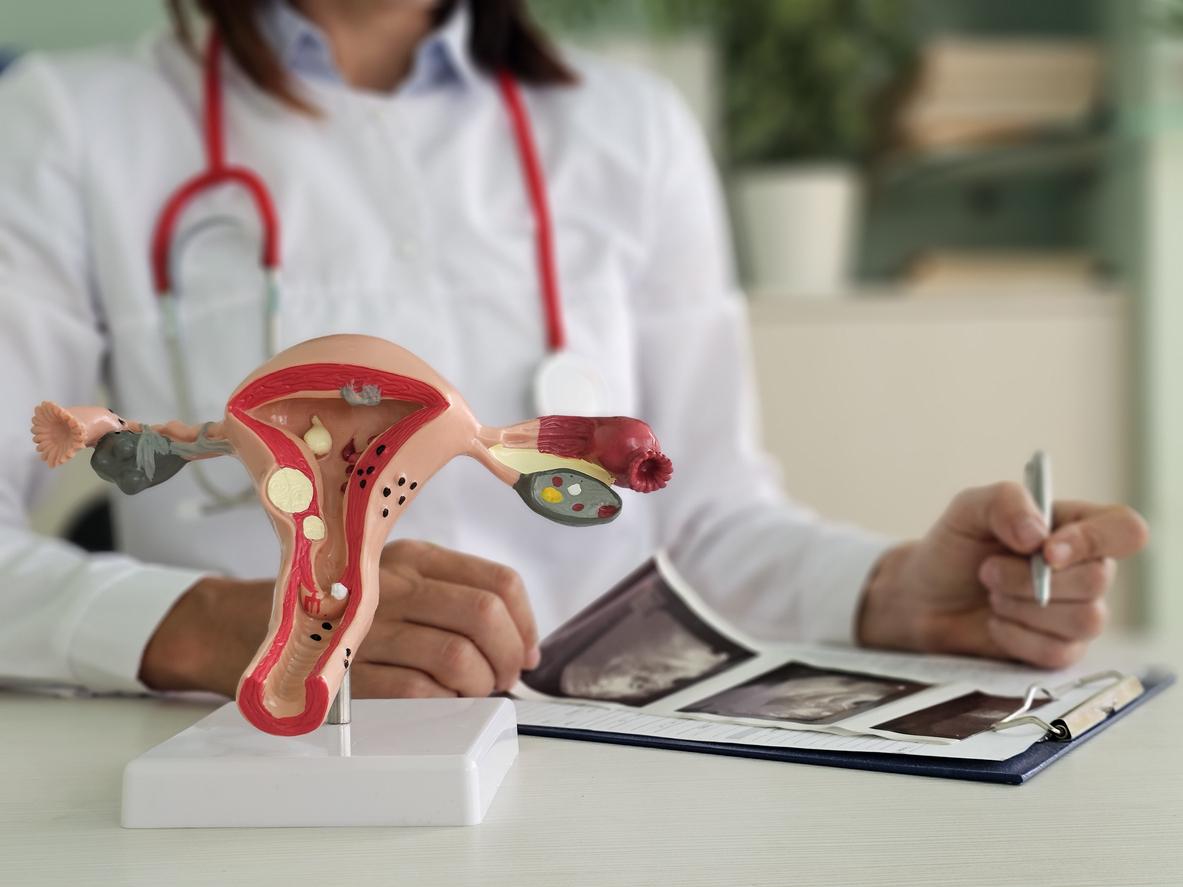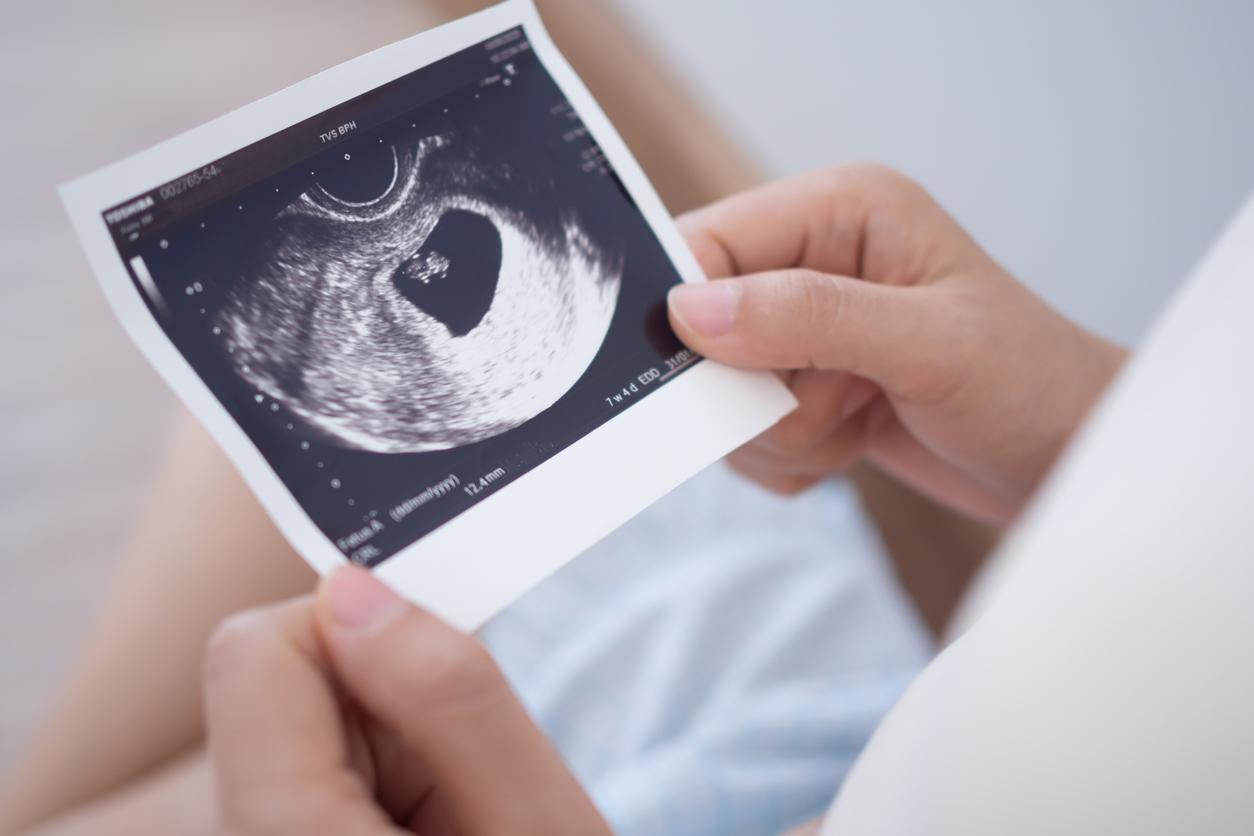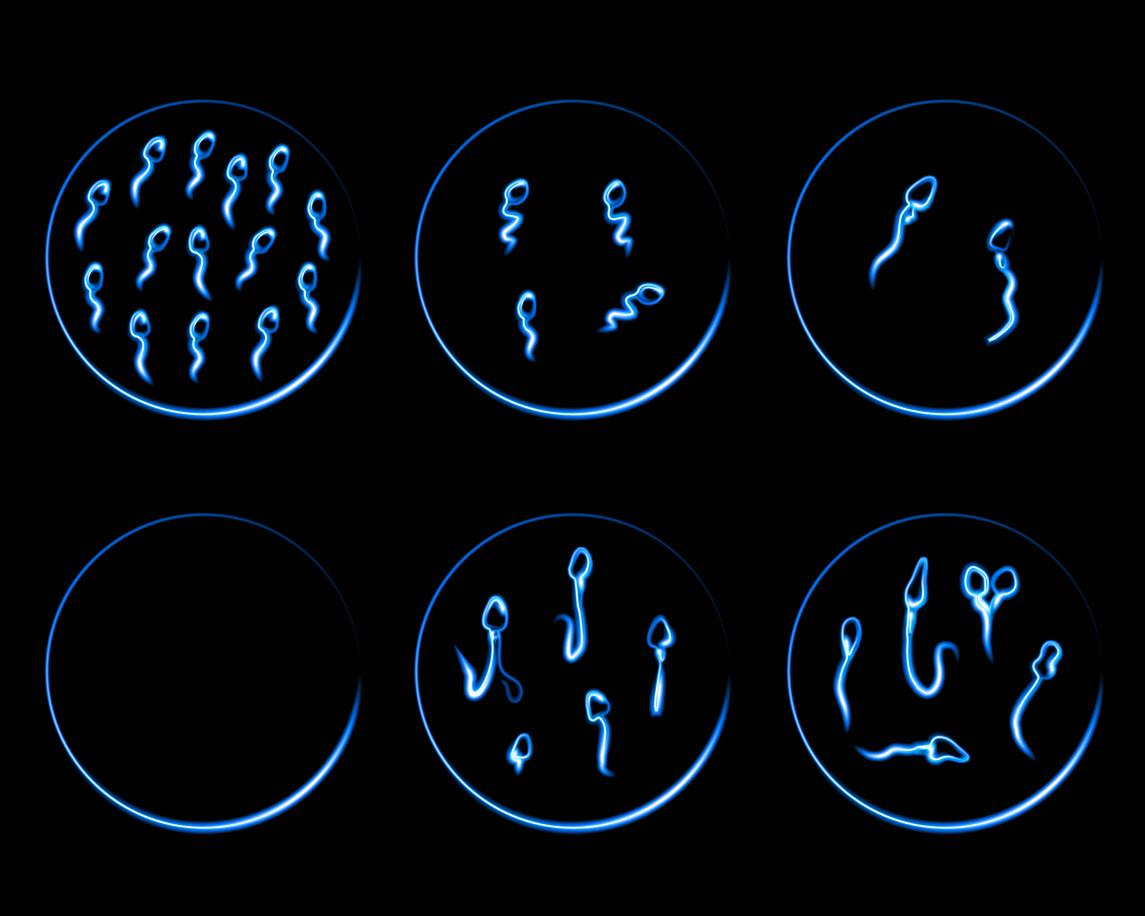The health of the sperm microbiome could well have an impact on male fertility, according to the findings of a team of researchers.
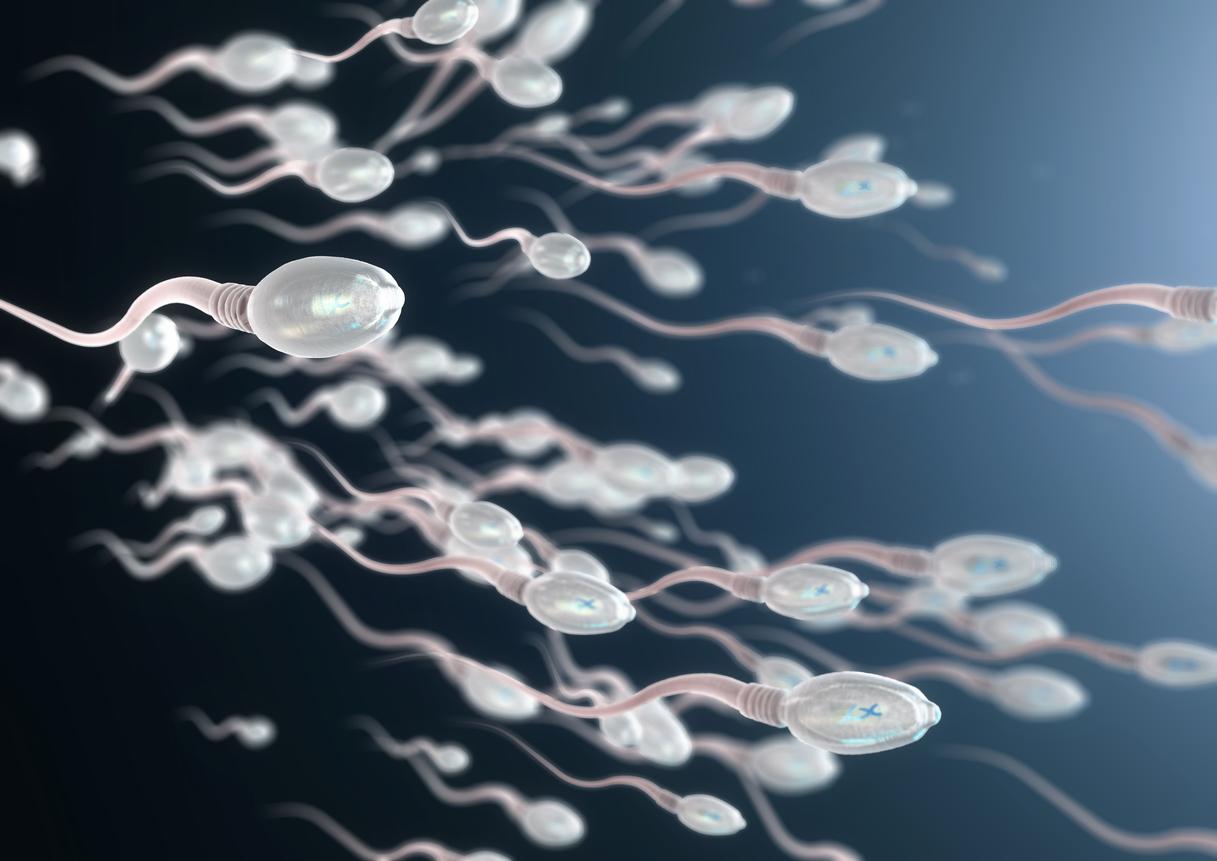
- A new study suggests that the microorganisms that inhabit sperm could play a crucial role in male fertility.
- Researchers discovered that one microbe in particular, called Lactobacillus iners, could have a direct negative impact on fertility: men whose microbiome was most populated with it were the most likely to experience sperm motility problems.
- According to them, exploring the functions of these microorganisms in sperm could potentially “pave the way for the development of new treatments to correct any problems associated with sperm parameters.”
We can no longer count the scientific work, here and there, which shows the influence of the intestinal microbiome – this set of micro-organisms (bacteria, fungi, etc.) living in our guts – on a person’s overall health. But according to a new study published in the journal Scientific Reportsthe same would be true for the microbiome… of the sperm: this would play a crucial role in male fertility.
The sperm microbiome may have a direct impact on male fertility
To arrive at these conclusions, researchers from the Department of Urology at the University of California, Los Angeles (UCLA) examined the sperm microbiome profiles of 32 men who consulted for a vasectomy or fertility assessment, perhaps we read in a communicated.
For the first time, they found that a particular microbe, called Lactobacillus inerscould have a “direct negative impact on male fertility”. Indeed, men whose microbiome was the most populated were the most likely to experience sperm motility problems. And for good reason, according to scientists who base themselves on previous work: the microbe Lactobacillus iners produces L-lactic acid which, at high concentrations, can “be pro-inflammatory” And “harm sperm motility”.
Towards new treatments to correct sperm abnormalities?
That’s not all: the study also found that “three types of bacteria of the group Pseudomonas were present in patients with both normal and abnormal sperm concentrations.. In detail, patients showing abnormal sperm concentrations had abundant colonies of microbes called Pseudomonas fluorescensbut very little Pseudomonas stutzeri. The results thus indicate that “even closely related microbes may not always have the same direct correlation with fertility”.
According to the researchers, exploring the functions of these microorganisms in sperm could potentially “pave the way for the development of new treatments to correct any problems associated with sperm parameters”such as concentration or motility.












